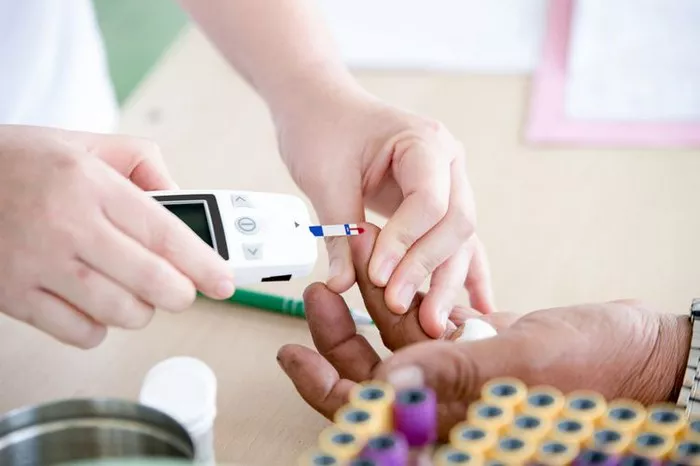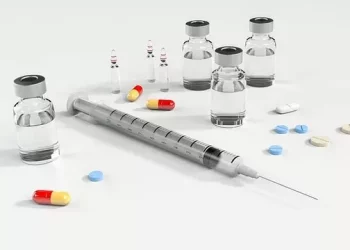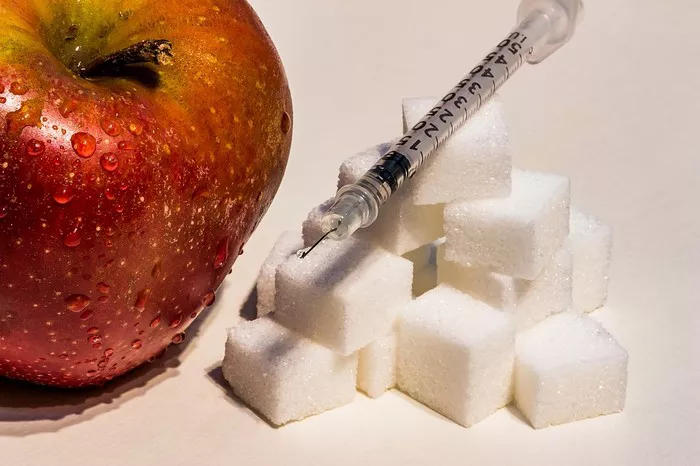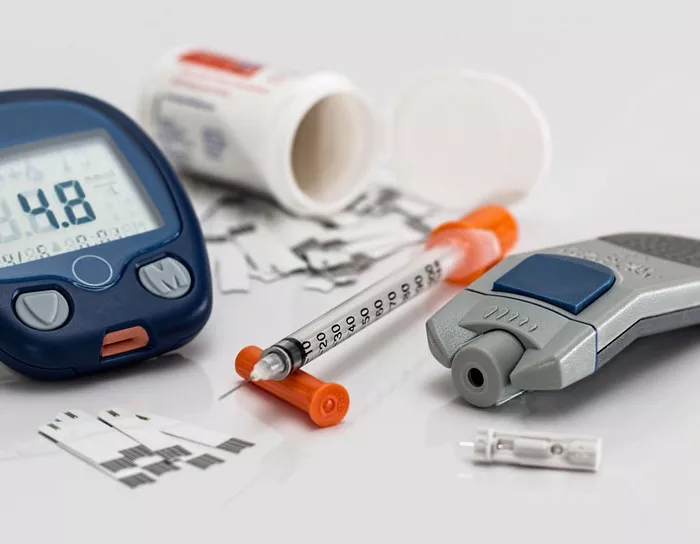Diabetes is a group of metabolic disorders characterized by high blood sugar levels resulting from defects in insulin production, insulin action, or both. While type 1 and type 2 diabetes are the most well-known forms of the condition, there are other types of diabetes that are less common but equally important to understand. In this comprehensive article, we will explore the five main types of diabetes, including their causes, symptoms, diagnosis, treatment, and implications for overall health.
1. Type 1 Diabetes
Overview: Type 1 diabetes, formerly known as insulin-dependent diabetes mellitus or juvenile-onset diabetes, is an autoimmune disorder characterized by the destruction of insulin-producing beta cells in the pancreas.
Causes: The exact cause of type 1 diabetes is not fully understood, but it is believed to result from a combination of genetic predisposition and environmental triggers, such as viral infections or dietary factors.
Symptoms: The classic symptoms of type 1 diabetes include polyuria (frequent urination), polydipsia (excessive thirst), polyphagia (increased hunger), weight loss, fatigue, and blurred vision.
Diagnosis: Diagnosis of type 1 diabetes is confirmed based on clinical symptoms, laboratory tests demonstrating hyperglycemia and ketosis, and detection of autoantibodies targeting beta cell antigens.
Treatment: Treatment for type 1 diabetes typically involves lifelong insulin therapy to replace deficient insulin production and regulate blood sugar levels effectively.
2. Type 2 Diabetes
Overview: Type 2 diabetes, formerly known as non-insulin-dependent diabetes mellitus or adult-onset diabetes, is a metabolic disorder characterized by insulin resistance and relative insulin deficiency.
Causes: Risk factors for type 2 diabetes include obesity, sedentary lifestyle, family history of diabetes, ethnicity, gestational diabetes, hypertension, dyslipidemia, and metabolic syndrome.
Symptoms: Symptoms of type 2 diabetes may include polyuria, polydipsia, polyphagia, unexplained weight loss, fatigue, blurred vision, slow wound healing, and numbness or tingling in the extremities.
Diagnosis: Diagnosis of type 2 diabetes is based on specific criteria established by professional medical organizations, including fasting plasma glucose levels, oral glucose tolerance tests, or glycated hemoglobin (HbA1c) levels.
Treatment: Treatment for type 2 diabetes may involve lifestyle modifications, such as dietary changes, regular physical activity, weight management, smoking cessation, oral antidiabetic medications, injectable therapies, and insulin therapy as needed.
3. Gestational Diabetes
Overview: Gestational diabetes is a type of diabetes that occurs during pregnancy and is characterized by high blood sugar levels that develop or are first recognized during pregnancy.
Causes: Gestational diabetes is believed to result from hormonal changes and insulin resistance associated with pregnancy, which can impair glucose metabolism and lead to hyperglycemia.
Symptoms: Gestational diabetes may not cause noticeable symptoms in some cases, but common signs may include increased thirst, increased urination, fatigue, blurred vision, and recurrent infections.
Diagnosis: Diagnosis of gestational diabetes is typically based on screening tests performed between 24 and 28 weeks of pregnancy, such as the glucose challenge test (GCT) followed by the oral glucose tolerance test (OGTT) if indicated.
Treatment: Treatment for gestational diabetes may involve dietary modifications, regular physical activity, blood sugar monitoring, insulin therapy as needed, and close monitoring of maternal and fetal health.
4. MODY (Maturity-Onset Diabetes of the Young)
Overview: MODY is a rare form of monogenic diabetes that is characterized by autosomal dominant inheritance and typically manifests before the age of 25.
Causes: MODY is caused by mutations in specific genes involved in beta cell function and insulin secretion, leading to impaired glucose metabolism and diabetes mellitus.
Symptoms: Symptoms of MODY may vary depending on the specific genetic mutation involved but often include hyperglycemia, polyuria, polydipsia, and family history of diabetes.
Diagnosis: Diagnosis of MODY is based on clinical presentation, family history, genetic testing, and exclusion of other forms of diabetes.
Treatment: Treatment for MODY may involve oral antidiabetic medications, lifestyle modifications, and regular monitoring of blood sugar levels to prevent complications and optimize glycemic control.
5. LADA (Latent Autoimmune Diabetes in Adults)
Overview: LADA, also known as type 1.5 diabetes, is a form of autoimmune diabetes that shares features of both type 1 and type 2 diabetes.
Causes: LADA is believed to result from autoimmune destruction of pancreatic beta cells similar to type 1 diabetes but typically occurs later in life and progresses more slowly.
Symptoms: Symptoms of LADA may resemble those of type 2 diabetes initially but may progress to require insulin therapy over time due to beta cell failure.
Diagnosis: Diagnosis of LADA is based on clinical presentation, autoimmune markers such as autoantibodies targeting beta cell antigens, and exclusion of other forms of diabetes.
Treatment: Treatment for LADA may initially involve oral antidiabetic medications and lifestyle modifications but often progresses to require insulin therapy as beta cell function declines.
Conclusion
Diabetes is a complex and diverse group of metabolic disorders characterized by high blood sugar levels and impaired glucose metabolism. While type 1 and type 2 diabetes are the most well-known forms of the condition, gestational diabetes, MODY, and LADA represent other important types that require attention and understanding. By recognizing the various types of diabetes, along with their causes, symptoms, diagnosis, and treatment options, healthcare providers and individuals alike can work together to effectively manage the condition and optimize overall health and well-being. Through education, awareness, and proactive management, individuals with diabetes can lead fulfilling lives and reduce the risk of complications associated with this chronic disease.



























